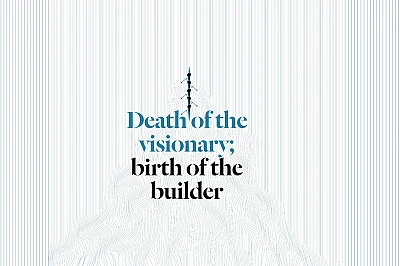Many firms have coped far better with the impact of the pandemic, partly because they have been able to draw on deep reserves of cultural capital built up over many years.
Yet often they were probably unaware that these reserves were being built, says Professor Nadim Habib. Though very important, culture was often regarded as a nice to have, rather than something fundamental to the sustainability of a business.
Surviving a crisis together increases the sense of shared culture. But, in a multi-platform world, where more people are likely to work remotely and the role of the office is being redefined, the importance of culture quickly becomes critical.
“When you move to a new building, it brings a whole bunch of new conversations about our identity and who we are. But if you don’t have buildings anymore, how do you do that?” he asks.
“Our approach has got to be more consistent now than it was before…and, for me, this is one of the biggest challenges. Is culture going to become central to the organisation? Because, in this world, it becomes the only glue.”
An interview with Professor Nadim Habib,
Visiting Professor, Nova School of Business and Economics
Visiting Professor, Nova School of Business and Economics
